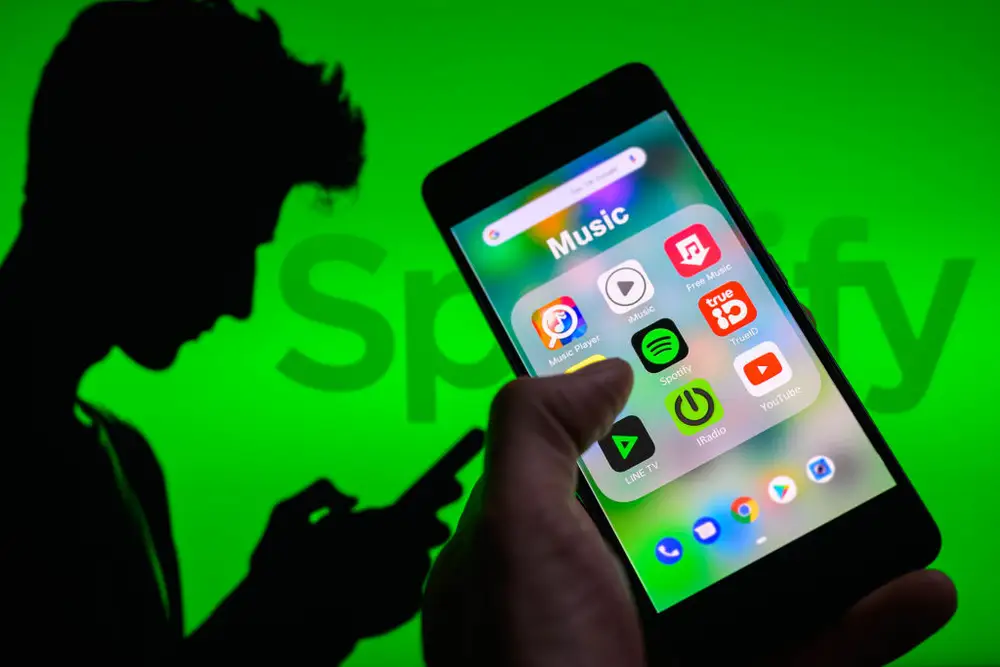Controversy in Music Streaming: Artists vs. Platforms
The music streaming industry has faced longstanding criticism from artists over its revenue-sharing models. Platforms like Spotify, Apple Music, and YouTube Music pay only fractions of a cent per stream, leaving many musicians with minimal earnings. While most artists struggle, Michael Smith, a North Carolina man, exploited these systems to generate $10 million through AI-generated songs and fake streams.
Check Out Latest Article of YouTube Takes a Bold Step: AI Copies of Celebrities to Be Tracked and Removed December 18, 2024 – SquaredTech
Exploiting Vulnerabilities: Smith’s Fraudulent Scheme
Smith’s operation was elaborate. Using AI tools, he created thousands of songs with obscure titles and attributed them to fictional artists. These tracks were uploaded to major platforms, and a network of over 10,000 bot accounts, managed via cloud servers and VPNs, inflated their streams. By decentralizing streams across numerous tracks, Smith evaded detection, earning royalties amounting to $12 million from 4 billion fake streams over eight years.
Streaming platforms, while employing algorithms to identify fraud, failed to flag Smith’s activities due to their subtlety. This loophole highlights the flaws in an already controversial revenue model, where over 97% of artists earn less than $1,000 annually.
Lessons for the Industry
Smith’s indictment for wire fraud and money laundering underscores the need for tighter security measures in the music streaming industry. The rise of AI-generated music and automated fraud threatens genuine artists’ earnings and platforms’ credibility.
To safeguard the future of digital music, platforms must strengthen anti-fraud systems and ensure fair compensation for creators. Smith’s case serves as a wake-up call, urging the industry to adapt to evolving technological challenges.
For More Updates : Artificial Intelligence


